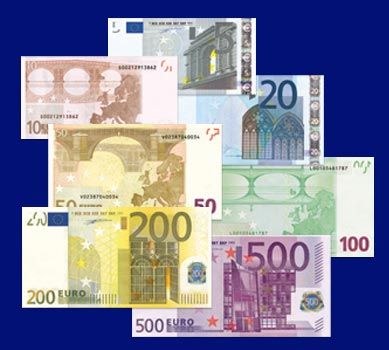Money, a fundamental pillar of economic activity, serves as a medium of exchange accepted by general consent. This social convention allows it to facilitate trade and communicate value and prices. As society evolved, so did the forms of money—from metal coins dating back to ancient civilizations to the paper currencies we use today.
The history of money reveals its critical role in the economy. The earliest uses of metal for currency can be traced back to Babylon, over 4,000 years ago. However, coinage emerged around the 7th century BCE, attributed primarily to Croesus, the king of Lydia. This innovation marked a pivotal moment in financial history, standardizing transactions and making commerce more efficient.
Paper money first appeared in China more than a millennium ago and gradually made its way across the globe by the late 18th century, enriching trade practices. The evolution of money reflects not just changes in materials but also shifts in societal attitudes toward currency as a valid measure of wealth. The paper note—in denominations like one dollar, ten euros, or one thousand yen—may seem inconsequential when viewed merely as a physical object. Yet, its value lies in shared beliefs and trust; the wider community’s acceptance sustains its worth.
The relationship between money and trust creates a delicate balance. Economic conditions can radically affect public perception of currency. Instances of hyperinflation or severe economic instability lead people to question money’s value. Countries like Argentina or Russia have experienced significant currency devaluation, prompting residents to favor dollars or other stable currencies for everyday transactions.
The primary function of money centers on enabling commerce. It allows individuals to separate buying from selling, avoiding the complexities of barter systems that require a double coincidence of wants. In a world dominated by credit, the simplicity of using money simplifies transactions and reduces the need for information verification in exchanges.
Historical examples illustrate the crucial role of stable currency in economic health. Following World War II, Germany faced hyperinflation and price controls that rendered its currency almost worthless. Citizens turned to barter or less efficient alternatives, like cigarettes, to conduct trades. It wasn’t until a currency reform in 1948, which introduced a stable form of money and eliminated price controls, that the country experienced a rejuvenation of its economic activity.
Thus, within the diverse landscape of valued items throughout history—whether it be cowries, tobacco, or even digital currencies today—the essence of money remains rooted in social consensus. Innovations in monetary systems continue to emerge, shaped by human experiences and prevailing economic conditions. Whether it’s trading tangible goods or investing in stocks, the primary role of money as a universally accepted medium of exchange endures, adapting to the needs of societies across the globe.





